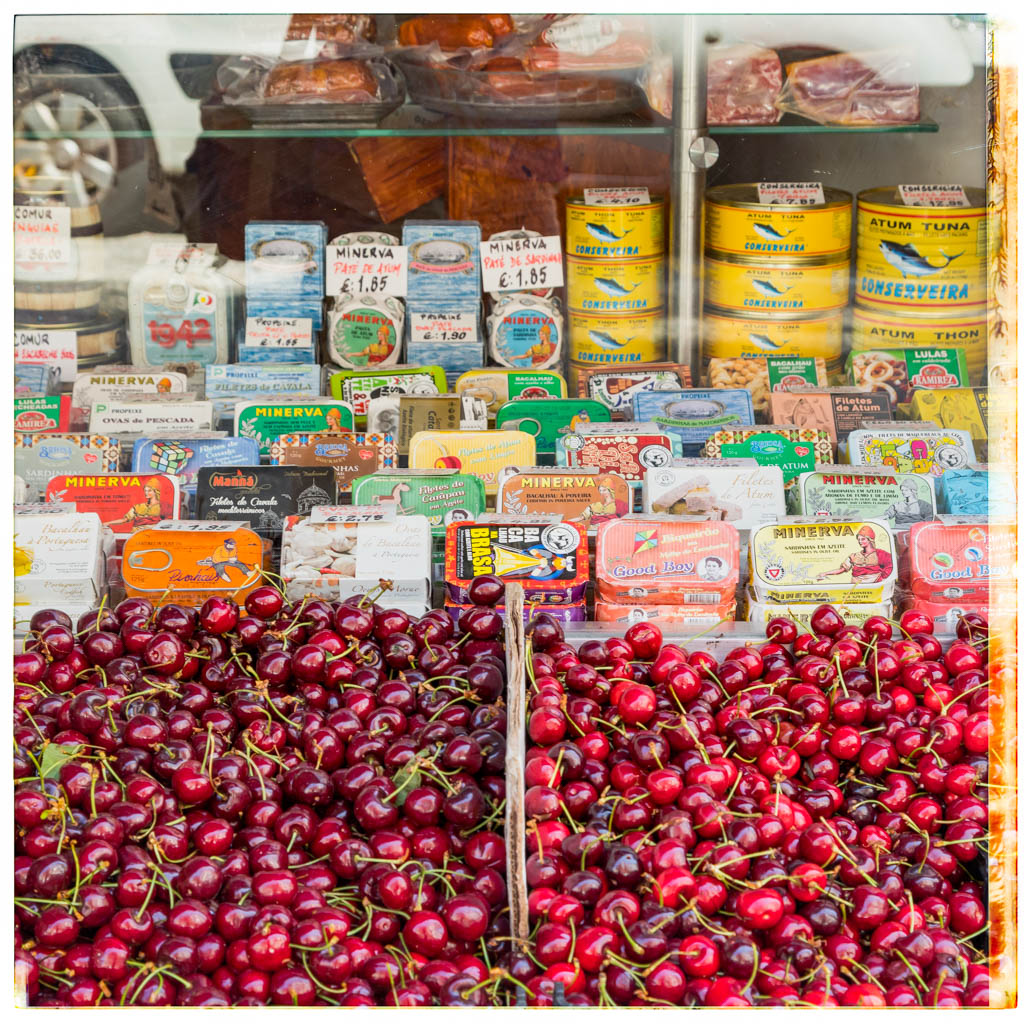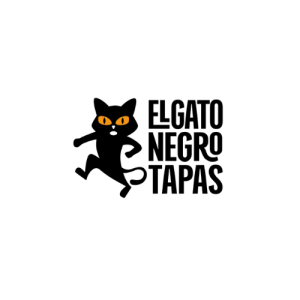An introduction to Portuguese food
16 August 2018
Portuguese food is shaped by geography and history: the land, the sea, and the flavours of countries on the trade routes opened up over centuries. Here’s a taste of some of the staples you’ll find in Portugal.
Looking out on the ocean and defined by its seafaring history, it’s fair to say Portugal is smitten with a deep love of seafood. Shellfish, octopus, squid or deep-sea fish… if there’s good, fresh seafood it’s always welcome.
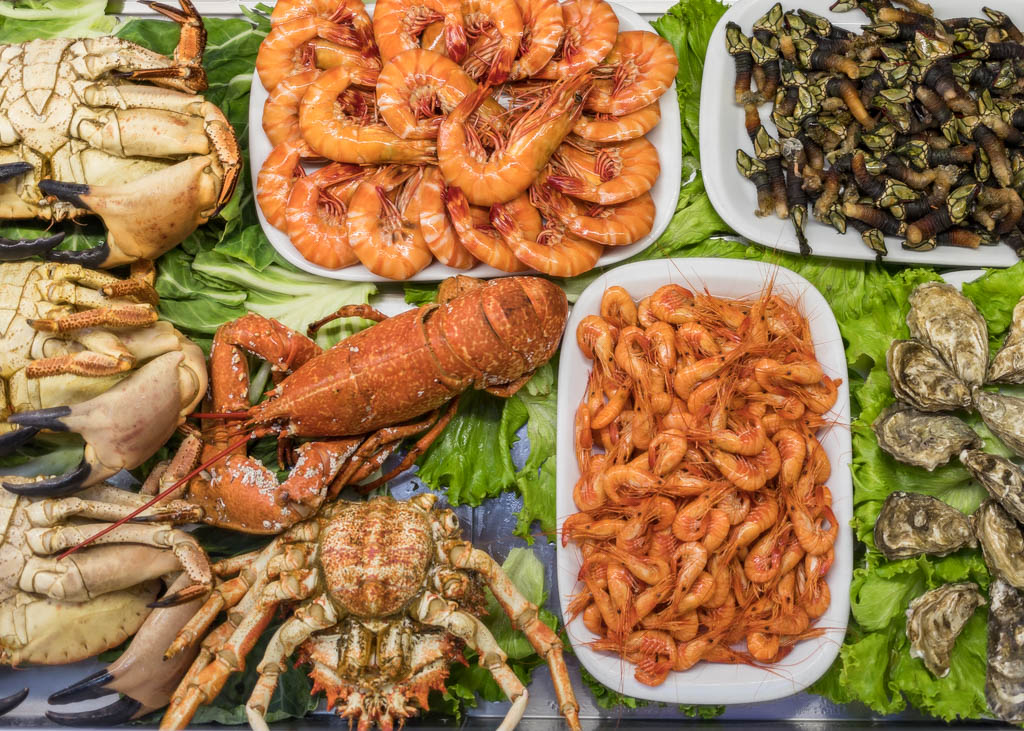
Portugal consumes more cod per head than any other country. Salt cod or bacalhau is used in hundreds of recipes and is loved for its versatility. It’s a true taste of home for Portuguese, wherever they are.
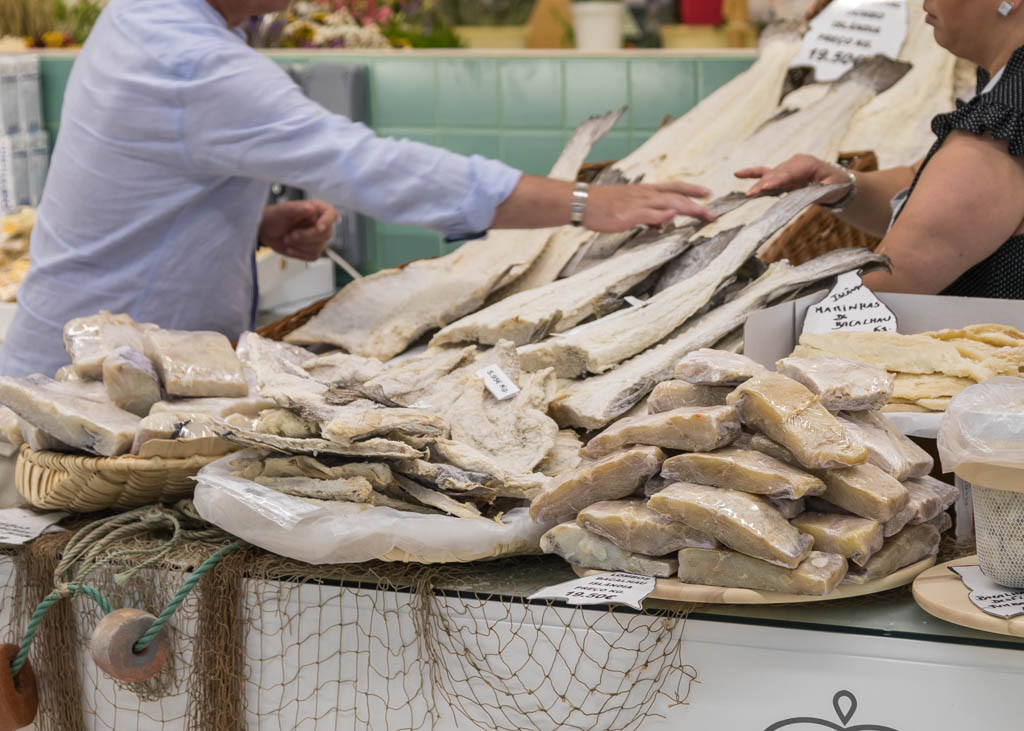
Sardines are another favourite fish. Whether griddled or barbecued over charcoal, or canned for convenience and quality on the go, the ubiquity of these silvery blue fish showcase the national love for sardinhas. Fast food, healthy, and often packaged in the most beautiful cans. What’s not to love?
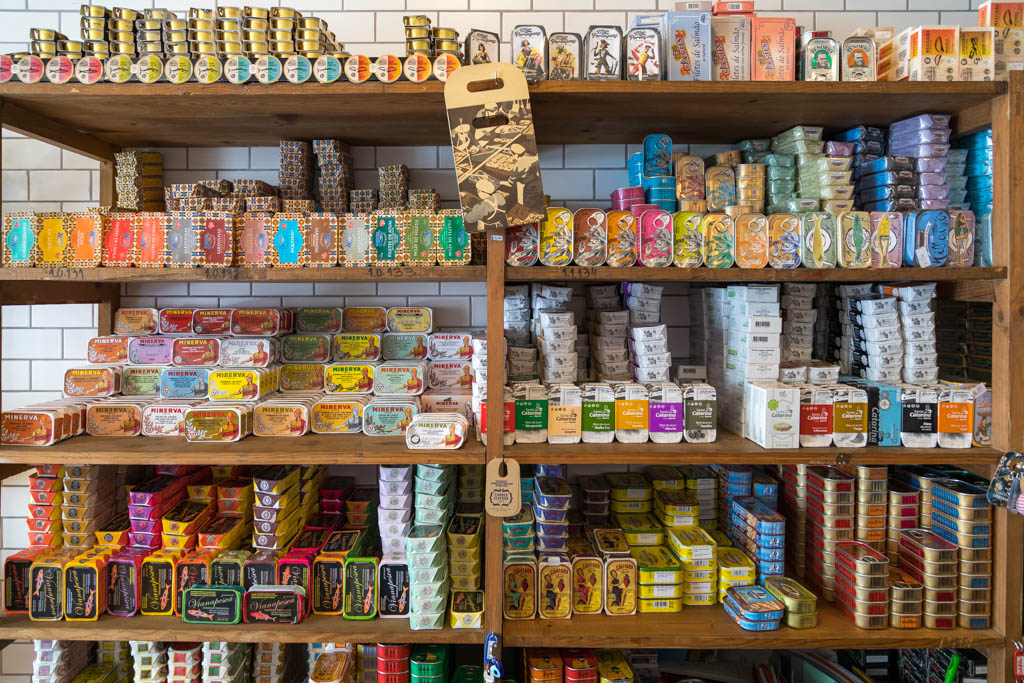
If sardines and cod represent the sea, perhaps nothing better embodies the land than pork. From cured meats and charcuterie such as chouriço, farinheira, morcela, salpicão, mouras and presunto to the slow-cooked delights of leitão à Bairrada (suckling pig) or bifana (possibly the best pork sandwich in Europe).
Of course beef is also used in Portuguese cooking (visitors love a prego steak sandwich almost as much as the locals), and variations on frangos (spicy chicken) are another firm favourite. Sheep and cow’s milk from the islands, highlands and verdant farmlands mean Portugal is gifted with an incredibly varied range of queijos (cheeses) as well.
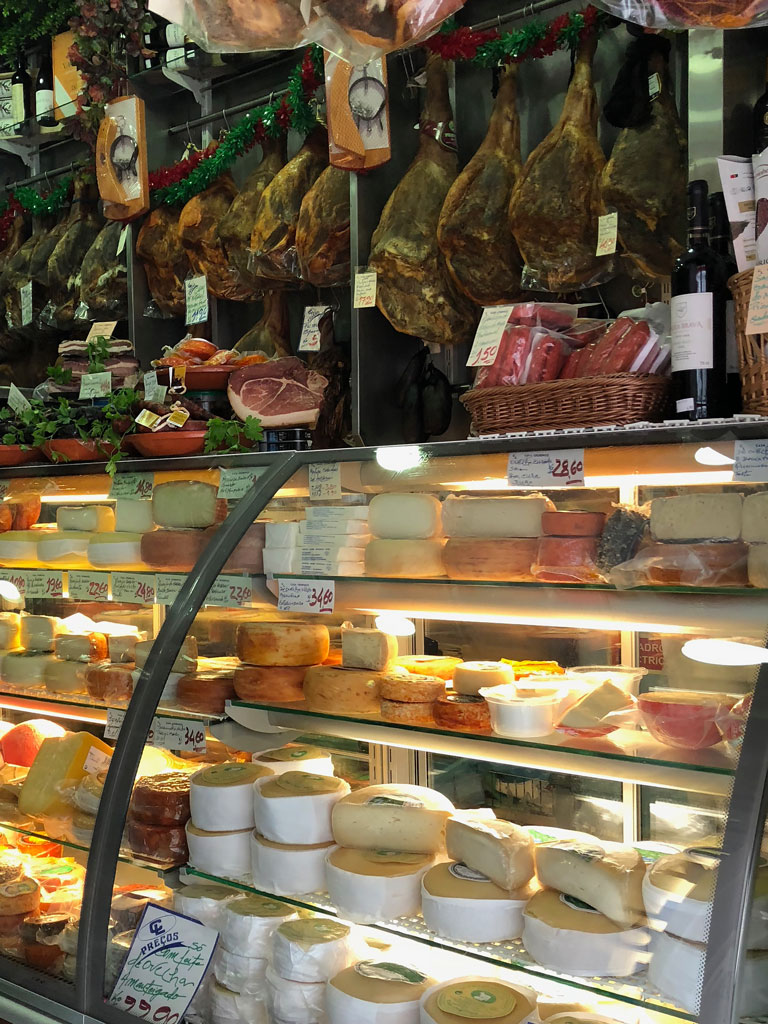
Finally, eggs and sugar. It would hard to deny Portugal has a sweet tooth: sugar grown on Madeira and later in Brazil means the country has had a supply of the sweet stuff for many centuries. Combine this with rich egg yolks – left over when egg whites were used to starch clothes – and you’ve got the makings of something delicious. Pastries are often richly yellow because of the number of yolks used, and of course pasteís de nata – the famous egg custard tarts – are certainly the most well-known national food outside Portugal. There are dozens of other amazing sweet treats though, as a visit to any good pasteleria will demonstrate.
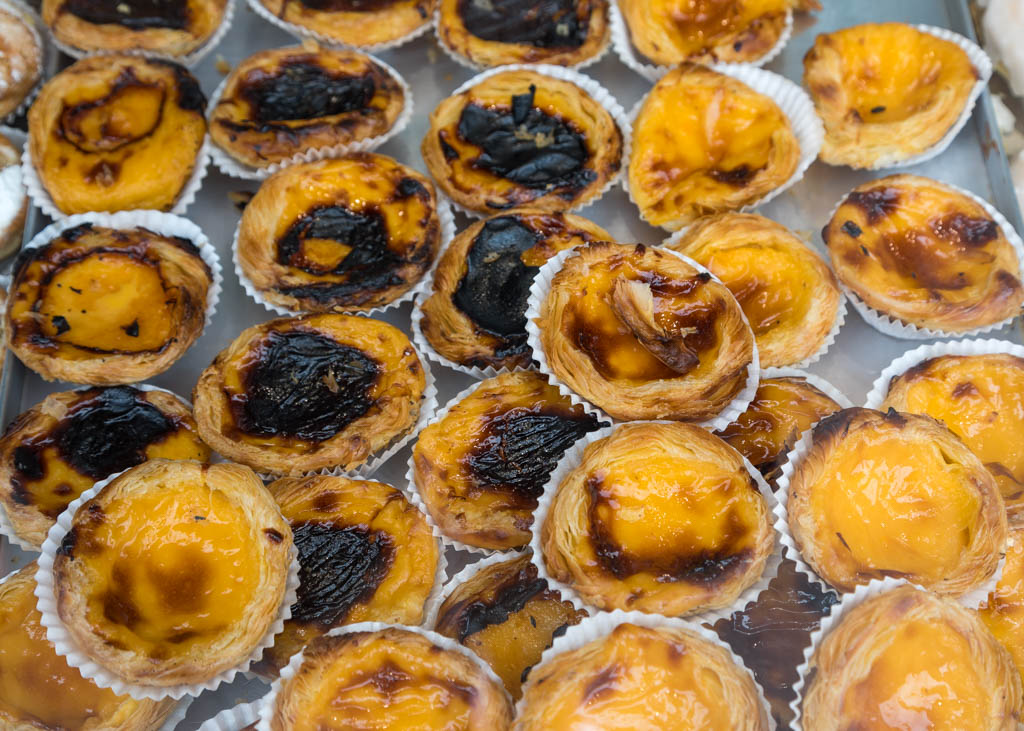
If this has whet your appetite you’ll be grateful that Canto is opening next month and you’ll be able to get your fix of the Portuguese staples you might already know… or experience many of them for the first time!

